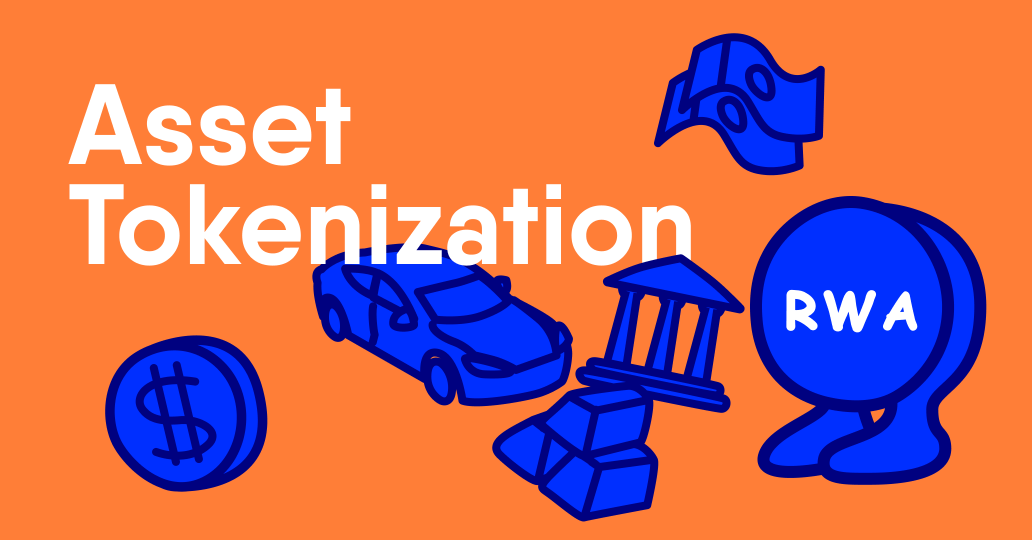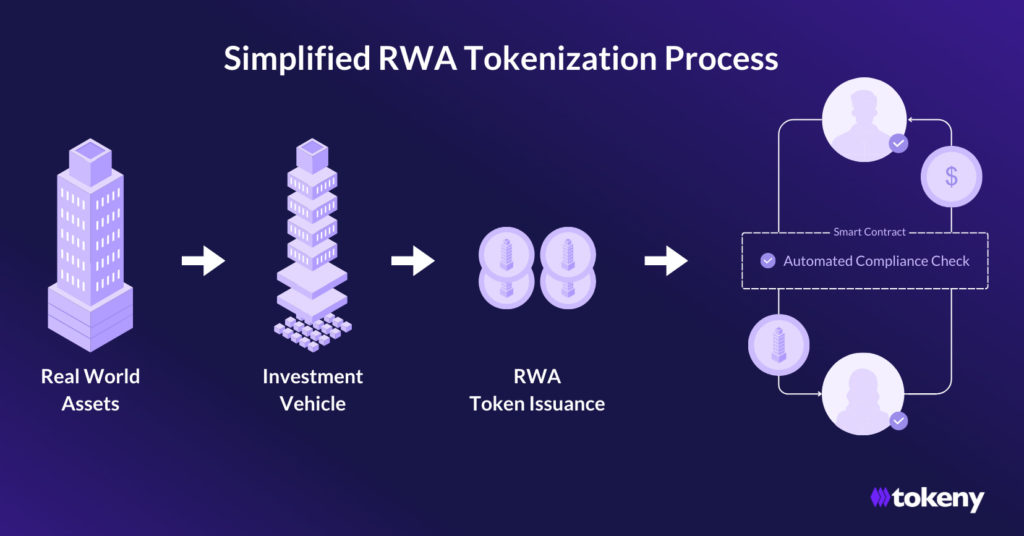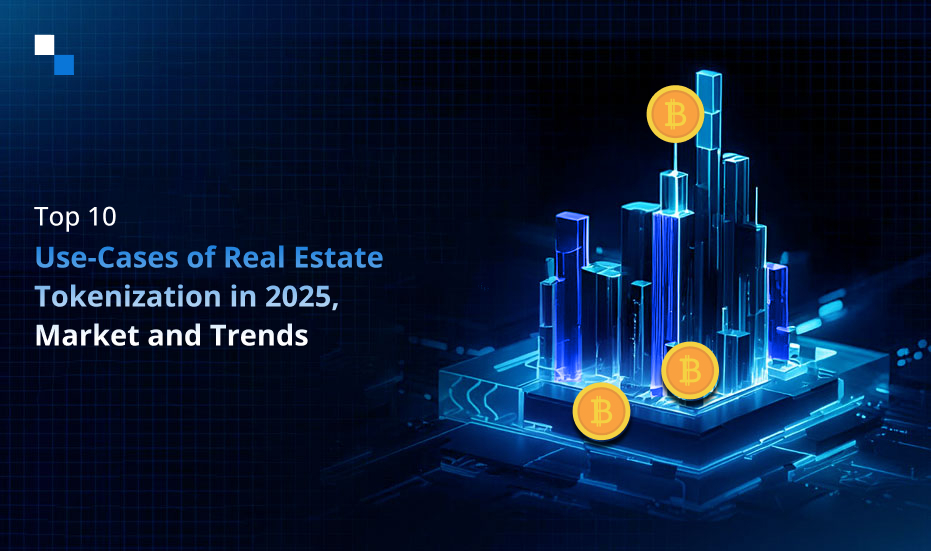
Revolutionizing Property Ownership: Tokenized Real Estate Investments
Tokenized real estate investments are rapidly reshaping the landscape of property ownership. By leveraging blockchain technology, investors can now acquire fractional ownership of real estate assets, making investments accessible to a broader audience. This paradigm shift not only democratizes access to the real estate market but also enhances liquidity and transparency, heralding a new era in investment strategies. By using platforms dedicated to Tokenized Real Estate Investments, individuals can easily buy, sell, and trade real estate-backed tokens, unlocking a host of benefits.
Understanding Tokenization
Tokenization refers to the process of converting rights to an asset into a digital token on a blockchain. For real estate, this involves breaking down ownership into manageable fractions, allowing investors to purchase a portion of a property rather than the entire asset. This fractional ownership model democratizes investment opportunities, enabling individuals with varying financial capabilities to invest in prime properties that were previously only accessible to wealthy investors or institutional funds.
The Benefits of Tokenized Real Estate Investments
There are several significant advantages to tokenizing real estate investments:

- Increased Liquidity: Traditional real estate investments are often illiquid, requiring significant time and effort to sell. Tokenization allows for quicker transactions and easier transfer of ownership, improving liquidity.
- Lower Barriers to Entry: Tokenization lowers the minimum investment amounts, allowing more people to participate in the real estate market. This opens up opportunities for average investors to own stakes in high-value properties.
- Enhanced Transparency: Utilizing blockchain technology, all transactions related to the property are recorded transparently. This reduces fraud risks and allows investors to track the history of their investments in real-time.
- Diverse Investment Opportunities: Tokenized real estate gives investors access to a wide range of properties, from residential and commercial to industrial sectors, enabling portfolio diversification.
- Fractional Ownership: This allows multiple investors to own a part of a single property, distributing the associated risks and rewards more evenly.
- Global Access: Investors from around the world can participate in real estate markets they may have previously been shut out from, broadening the geographical diversity of their portfolios.
How Does Tokenized Real Estate Work?
The process starts with a real estate asset being evaluated and then tokenized into digital shares based on the asset’s value. Each token represents a specific share of the real estate asset. To invest, individuals simply purchase tokens through a dedicated platform. Once the tokens are acquired, investors can benefit from rental income as well as capital appreciation, just as they would with traditional real estate investments.
The transactions are recorded on a blockchain, ensuring transparency and security. When an investor wants to sell their share, they can do so on the same platform or secondary markets that support token trades. This model not only speeds up transactions but also provides detailed documentation of ownership and rights, alleviating potential disputes.
Challenges to Overcome
Despite the numerous advantages, the tokenized real estate market faces challenges:

- Regulatory Issues: The regulatory landscape for real estate tokenization is still evolving. Navigating the legal implications can be complex, and varying regulations across jurisdictions can pose risks.
- Technological Adoption: While blockchain technology is becoming more mainstream, some investors may still be unfamiliar with its operation, potentially hindering broader adoption.
- Market Volatility: Although fractional ownership offers lower investment risks, fluctuations in real estate markets can still affect the value of tokenized properties.
- Quality of Management: Ultimately, the success of a tokenized investment depends on the management of the underlying real estate. Investors need to trust that their investment will be managed effectively.
The Future of Tokenized Real Estate Investments
The future of tokenized real estate is promising, especially as the technology matures and regulatory frameworks become more defined. We are likely to see a significant increase in platforms dedicated to tokenized assets, as well as more institutional investment in this space. Partnerships between traditional real estate firms and technology startups are becoming common, yielding innovative solutions that could revolutionize how we invest in properties.
Furthermore, as blockchain technology becomes more integrated into the real estate sector, improvements in property data management, title verification, and contract execution are expected. This will increase efficiency and reduce costs, making tokenized real estate even more attractive to investors.
Conclusion
Tokenized real estate investments represent a significant evolution in how we approach property ownership and investment. With increased liquidity, lower barriers to entry, and enhanced transparency, this innovative model stands to democratize the real estate investment landscape. Despite its challenges, the tokenization of real estate is paving the way for a more inclusive, efficient, and accessible market. As technology and regulatory frameworks continue to advance, it is an exciting time to be involved in tokenized real estate investments.